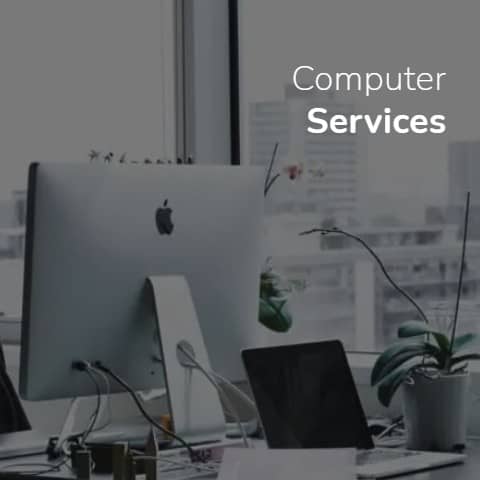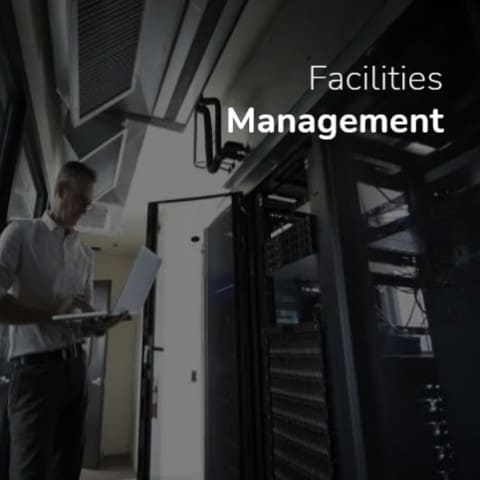The covid-19 pandemic changed the working landscape forever. Companies were forced to pack up their doors and work remotely practically overnight. Employees all over the world took home laptops and computers, and set themselves up to work from home. Businesses learned that contrary to popular belief, employees can be just as productive when working from home, and many staff members preferred the lack of a commute, and the freedom to be at home instead of in the office.
For software asset management (SAM), this sudden change has impacted the way IT auditing and SAM is carried out as businesses need different things from their software.
Rise in Video Conferencing Software Usage
The first obvious change in working patterns was the need to complete meetings online instead of in-person. Subscriptions to video conferencing softwares like Microsoft Teams and Zoom increased as people were tasked with getting set up at a rapid pace. Companies had to ensure they purchased the most relevant version of video conferencing software they needed for mass use across the entire company and ensure they had the correct licence so as not to incur any fines.
Some companies gave free access to their product for the first six months of the pandemic, and then businesses were expected to pay to continue getting full access. Microsoft Teams offered a free E1 licence to businesses, and A1 licences for academic institutions for six months, but then organisations had to have the correct licence.
Cloud Based Systems Became Essential
Previously, since everyone was based in the same building, businesses relied on servers to store their data in a local network. But when everyone went home during covid-19, this was no longer possible and cloud storage became more popular. Employees still needed access to a variety of files and software, and to pass on information via shared folders, so IT departments quickly had to organise storing the companies mass amount of information on the cloud.
This meant companies also had to review their cloud strategy, as cutting corners or missing steps could lead to unnecessary spending. Cloud pricing models can be complex, so having an expert who understands it all is essential to ensuring your company can save money when moving over to the Cloud.
Software Audits More Necessary Than Ever
Once employees were home-based, IT departments had less control over the software they used on their computers. In the chaos of setting up remote working, asset management took a backseat. But once it became the new normal, it was essential for companies to catch up on that vital hardware and software asset management.
A key part of software asset management, is having a software asset database to accurately store all the softwares your company currently uses, and ensure you keep on top of licences. Even missing free software can lead to costly fines. Running regular software audits means people kept on top of the ever-changing demands of the working environment and kept up to speed with the relevant software needed.





